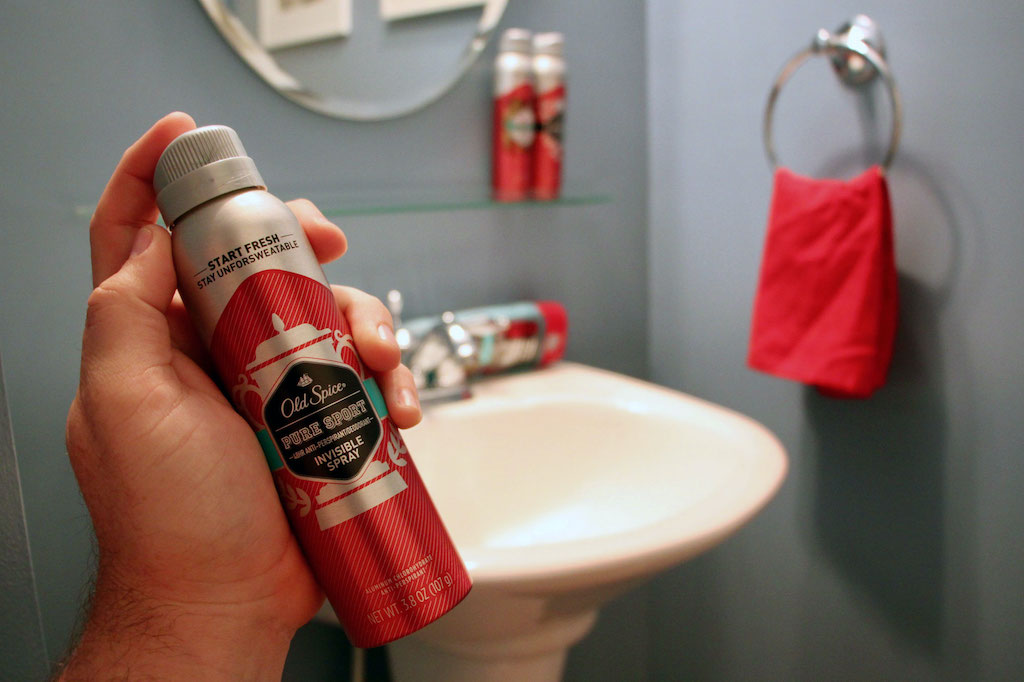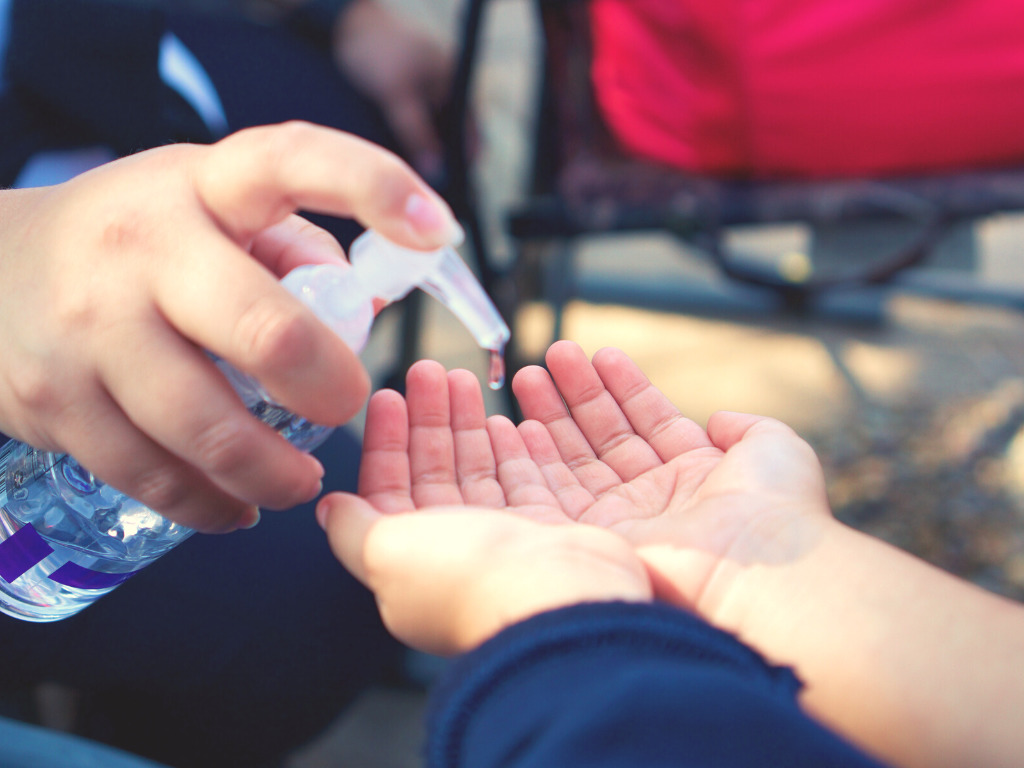3 Mins Read
Hundreds of personal care products ranging from sunscreen to hand sanitizers have been recalled after testing positive for the carcinogen benzene.
Independent testing lab Valisure says 27 percent of the more than 660 personal care products it tested contained detectable levels of benzene, a chemical classified by the IARC (International Agency for Research on Cancer) as “carcinogenic to humans,” based on sufficient evidence that benzene causes acute myeloid leukemia. Products were identified from brands under the Procter & Gamble, Bayer, CVS, and Johnson & Johnson umbrellas.
How did benzene get in personal care products?
Aerosol-based sunscreens and body sprays were most likely to contain high levels of benzene. Nearly half of 108 aerosol items tested positive from brands including Sure, Old Spice, Secret, Equate, Right Guard, Tag, and Brut, reports The Guardian.
Benzene has been banned in the U.S. for nearly fifty years, but it’s permitted in manufacturing processes. It’s also permitted in emergency use, such as the traces in hand sanitizers that saw increased production during the pandemic. It’s also approved for specified “significant” therapeutic advantages, but in both emergency and therapeutic situations, it’s limited to two parts per million. Some of the products tested contained levels as high as 21 ppm. In some cases, the levels of benzene detected were so high it met the FDA classification of “life-threatening.”

Sunscreens from Neutrogena, CVS, Sun Bum, Banana Boat, and Raw Elements contained the highest levels of items tested. While aerosols were the most likely to contain benzene, lotions, and gels contained detectable levels in some samples as well.
According to Valisure’s CEO David Light, manufacturing processes are the likely culprit. Valisure says some products by the same brands would test positive, while those from other batches wouldn’t.
This means the issue is likely far more widespread than the sample test. And that, according to Light, highlights the challenges with the global supply chain’s oversight in the category.
“Benzene really shouldn’t be there at all,” he said. “What we’re seeing is a fundamental problem in the manufacturing of a lot of consumer products.”
The connection between benzene and cancer is clear, but it can take years from exposure to the onset of the disease, further complicating accountability and tracing.
Benzene risks
Organizations like the IARC as well as governing bodies such as the FDA in the U.S. agree there are no safe levels of benzene exposure. It’s particularly toxic at low levels, similar to chemicals like BPA (bisphenol-A), a chemical commonly used in plastics. A recent study found in utero exposure may increase the risk of asthma for young girls.

Benzene is particularly damaging to blood-forming organs, according to the U.S. Department of Health and Human Services. It also poses health risks to the central nervous system and reproductive organs.
Acute effects from benzene inhalation exposure include drowsiness, dizziness, headaches, tremors, confusion, and/or unconsciousness. Consuming foods or fluids contaminated with benzene can cause vomiting, stomach irritation, dizziness, sleepiness, convulsions, and rapid heart rate.
The FDA says it’s now investigating the risks and the manufacturers have issued recalls on the products.
Featured image by Devyn Holman on Unsplash



